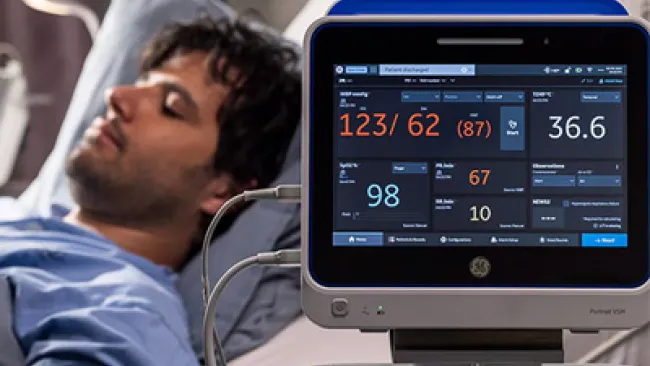
Creative Thinking isn't Only for Startups
Healthcare Innovation Lab creates value and generates significant cost savings
Creative Thinking isn't Only for Startups
Healthcare Innovation Lab creates value and generates significant cost savings
ideas that will generate
between £38.5 and
£54.6 million worth
of savings
pipeline of more than
100 CIP ideas
additional projects that
could be executed
immediately
One of the world’s largest pharmaceuticals and consumer health companies was looking to implement a Costs Improvement Program (CIP) to create £38.5 million worth of global savings on an annual basis. The company wanted an external partner that could provide expertise from outside the industry and help to leverage the knowledge and experience of its own internal experts. We were selected as a partner based on the depth and breadth of best practices that our team offers. This project also expanded work we had conducted with the firm’s medical device division.
The solution took the form of a two-day innovation lab, designed to get people in the same room to share ideas about how to create game-changing revolutions in company operations. The aim was to shift the thinking among engineers and project managers, who were very process orientated and experienced at creating efficient systems, to move toward creative thinking and innovation. After an initial pilot in one of the company’s biggest European factories, we rolled out two-day workshops in the company’s 12 largest manufacturing facilities globally in Latin America, the United States, Europe, and Asia.
Each workshop generated a long-term pipeline of more than 100 CIP ideas for review; a ‘long list’ of 30-40 ideas that could be investigated further to better understand their viability; and a ‘short list’ of 25 ideas that were initially scoped, but not immediately selected for execution. Additionally, at least five projects were identified to be executed immediately. The facilitators worked with small project teams of participants to create a ‘plan on a page’ to break the ideas into sub-projects, decide who was responsible for them, and track their progress.
The company has achieved a number of significant benefits as a result of running this program. At least three ideas will generate between £38.5 and £54.6 million worth of savings. The company also has an ideas pipeline that contains a number of other projects that could generate further savings in the future. There are now a number of teams within the consumer division who have been trained to think differently, challenge existing processes and look for creative ways to generate cost savings throughout the business.
This program was successful because it was designed with a tangible outcome at the end. Ideation was followed up with a plan for specific initiatives. For this major global healthcare firm, it is just the beginning of the culture change process. The company intends to continue working with cross-functional teams in order to generate further cost saving ideas in the future.











